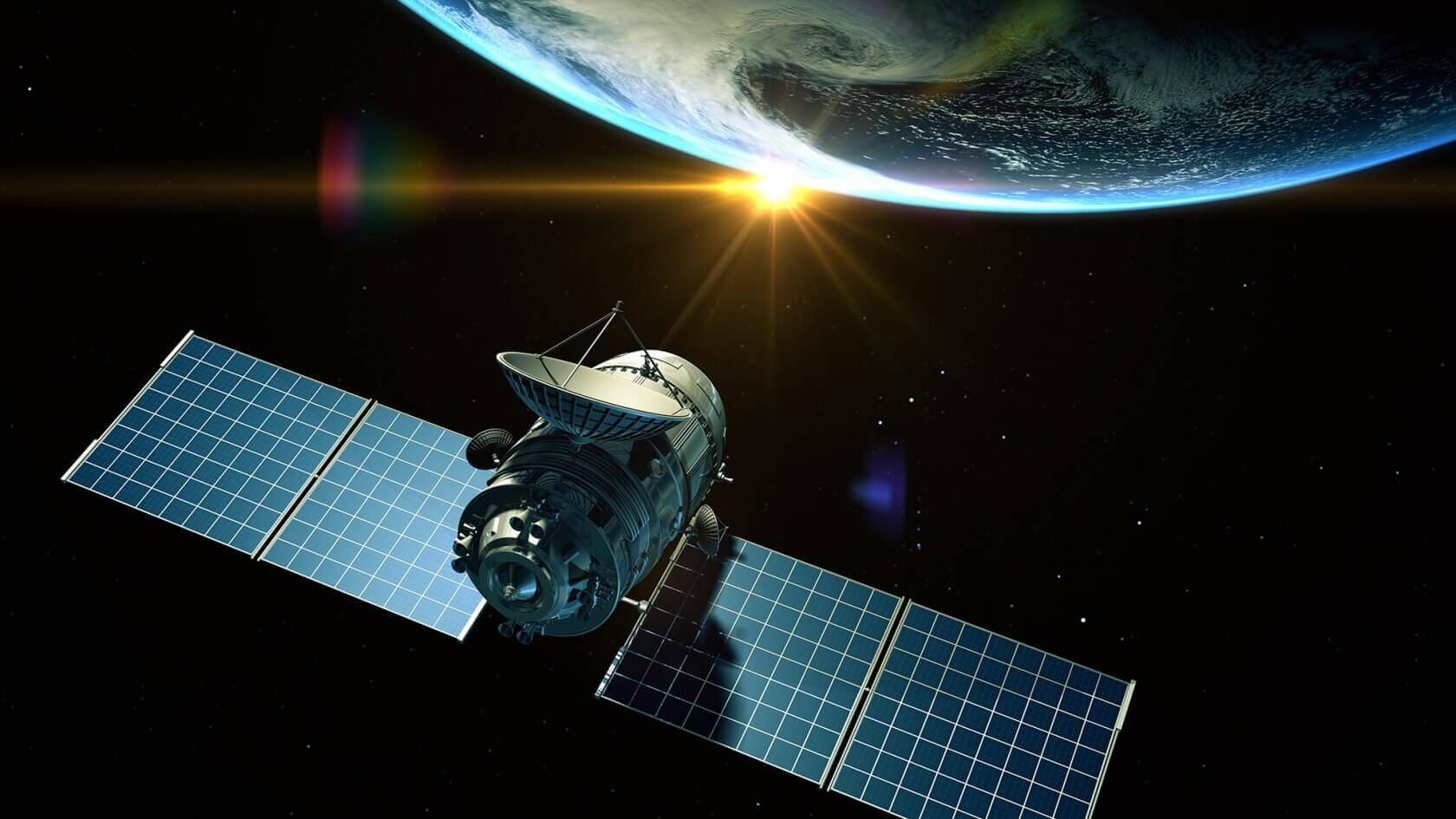In context: SpaceX might be best known for its rockets and ridiculous flamethrowers, but the company has other ambitions as well. It also wants to become an ISP through its "Starlink" internet service, which will use satellites to create a global, orbital network for all to take advantage of – especially those in rural or otherwise underserved areas.
Despite some fears from astronomers surrounding the idea, Starlink's satellite deployment has mostly continued as scheduled. The first Starlink test satellites were launched in May of 2019, and two more batches followed before the end of the year.
Now, SpaceX has hit another milestone: it has successfully launched its fourth Starlink payload via the Falcon 9 rocket, which contained 60 internet-beaming satellites. That might seem like a significant figure – it brings the total number of active Starlink satellites to about 240 – but given SpaceX's broader goals, it's a mere drop in the bucket.

Eventually, SpaceX wants to deploy tens of thousands of satellites, which could take a while at the rate the space giant is going. Regardless, the end result will likely be worth it. SpaceX wants Starlink to offer customers high-speed broadband internet at an affordable price, though the details have not been nailed down yet.
You can watch a recording of Starlink's latest launch above, but if you want to learn more about the project as a whole, feel free to check out more of our coverage here. Alternatively, you can drop by the official Starlink website for additional information.